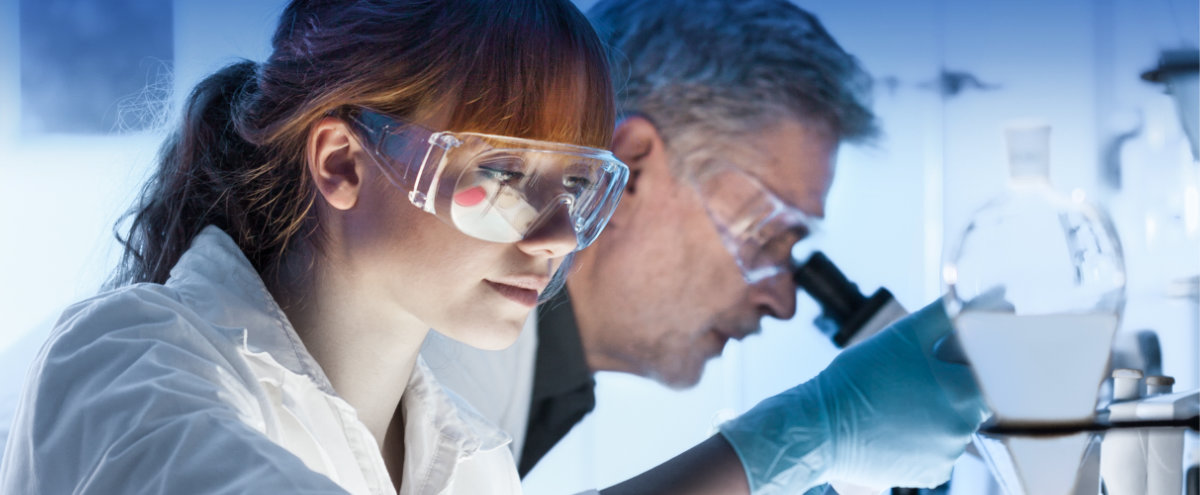Experimental study of carbon-free combustion
ApplyProject Description
A major goal of combustion research is to reduce emissions and minimize the harmful impact of energy production and transportation on the environment. Advancements in combustion sciences enabled strong reduction of NOX, SOX and particulates. The challenge for the next decade is reduction of carbon dioxide. One strategy is to completely remove carbon from the fuel, using carbon-free hydrogen carrier such as ammonia. Combustion of ammonia is not well understood, and no detailed information on the flame of ammonia-air flames is available. In this project the student will perform 1D Raman measurements of temperature and major species in ammonia flames in collaboration with a postdoc or a Ph.D. student.
 Division -
Physical Sciences and Engineering
Division -
Physical Sciences and Engineering
About the
Researcher
Gaetano Magnotti

Desired Project Deliverables
The student will learn the fundamental of laser spectroscopy, and will gain hands-on experience in the operation of ammonia burners, and advanced laser diagnostics. He will acquire and analyze unique experimental datasets, and advance the understanding of combustion of ammonia-air flames.

